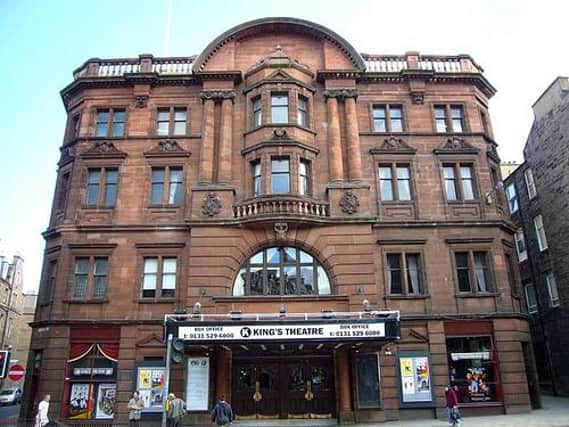Coronavirus in Scotland - Joyce McMillan on the day the curtain fell on Scottish theatre


For theatre in Scotland, Monday was the day the curtain fell and the lights began to fade, for the next few months at least. The decisive moment came with the Prime Minister’s warning, at his morning press briefing, that people should avoid gatherings and crowded places, such as “pubs, clubs and theatres.” Although the UK government did not implement the kind of ban imposed in other European countries, and left the legal and financial responsibility for closure entirely with individual organisations, his advice put theatres – along with restaurants, bars, and venues of all kinds – in an increasingly impossible position; and by lunchtime, Edinburgh’s Capital Theatres trust, which operates the 1,300-seat King’s Theatre in Leven Street and the 1,800-seat Festival Theatre, had announced its closure until 30 April, to be reviewed in a few weeks’ time.
In the afternoon, the UK-wide theatre giant Ambassadors Theatre Group, which operates the King’s Theatre and Theatre Royal in Glasgow, as well as the giant 3,000-seat Playhouse in Edinburgh, also announced an immediate closure. Aberdeen Performing Arts – which operates Aberdeen Concert Hall and His Majesty’s Theatre – followed in short order; then, one by one, the producing theatres that have gradually transformed Scotland’s theatre life over the last 70 years.
Advertisement
Hide Ad